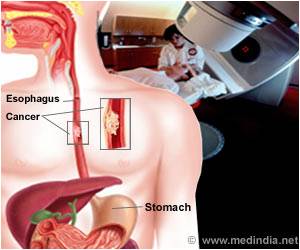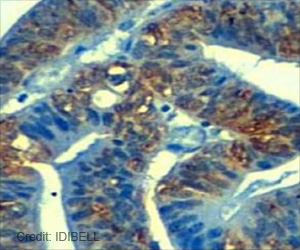Highlights
- Walking and jogging helps reduce the side effects of chemotherapy in patients with advanced gastrointestinal cancer.
- Exercise has a positive effect on the patient and reduce the chances of relapses.
- Moderate physical activity improved muscle mass and reduced the toxicity of the chemotherapy.
Common Side Effects of Chemotherapy
- Loss of sensation
- Weakness
- Exhaustion
- Infections
- Severe diarrhea
- Loss of appetite
- Nausea and vomiting
The study, a joint initiative of the Department of Sports Medicine headed by Professor Winfried Banzer and of Medical Clinic I together with the Gastrointestinal Centre of Agaplesion Markus Hospital in Frankfurt, both led by Professor Axel Dignaß, shows that patients with an advanced gastrointestinal tumor can also profit from exercise therapy.
The American College of Sports Medicine recommends exercise for three times a week for 50 minutes or five times a week for 30 minutes. The study participants followed the exercise recommendations. If they were able to manage this, they were allowed to shorten their training sessions on the basis of a standardized model.
"For some patients, it was difficult to carry out the walking or jogging program in accordance with the recommendations," explains Katrin Stücher. "A frequent obstacle was the weather: either it was too cold, too hot or too wet.”
The complementary exercise therapy proved valuable for the study participants despite the need for occasional breaks.
"I go walking every morning. It's good for both my mind and my body and I'm sure it's contributing to my recovery. I think that if you hadn't encouraged me to continue exercising I would probably not have dared to push myself so far physically," reported one of the participants to Katrin Stücher.
Reference
- Side Effects of Chemotherapy - (http://www.cancer.net/navigating-cancer-care/how-cancer-treated/chemotherapy/side-effects-chemotherapy)
Source-Medindia
















